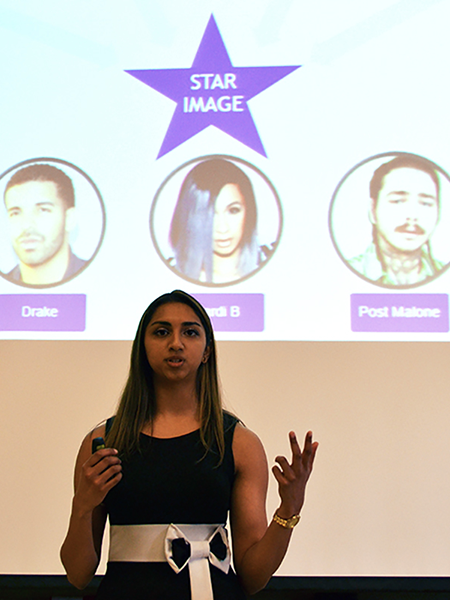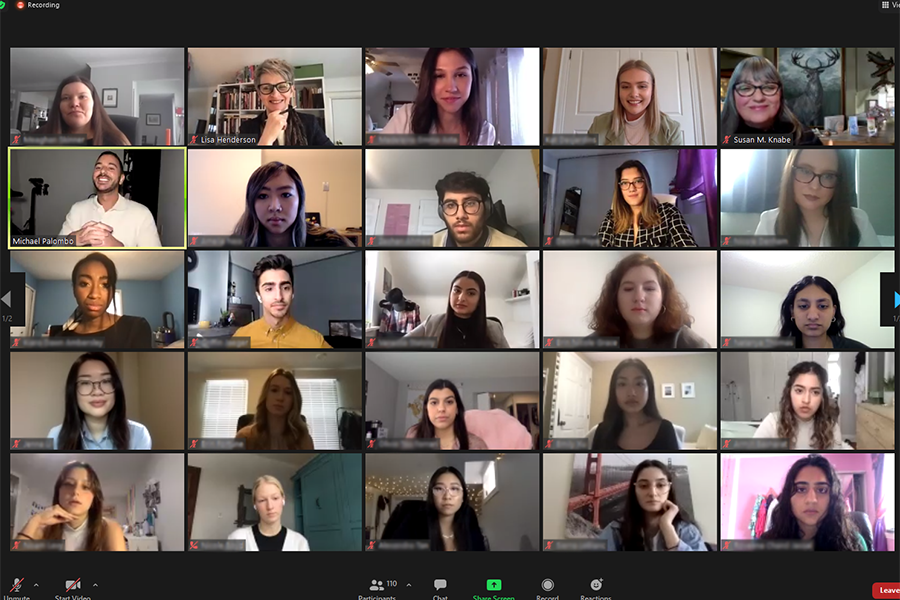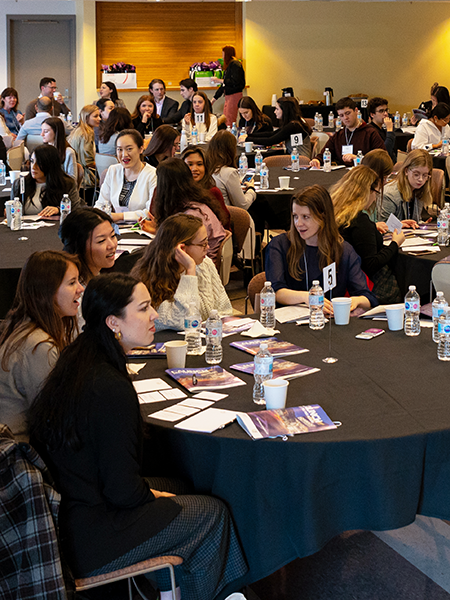
Introduction
FIMS has a strong record of fostering different kinds of curriculum and research at both graduate and undergraduate levels. Through faculty supervisors, research projects, courses, and independent learning, students approach social problems and questions in multiple dimensions, connecting seemingly disparate phenomena and asking essential questions. For example,
- How can the memorialization of state violence and trauma in El Salvador support future generations? What contributions do media scholars, architects, physicians, geographers, civil society organizations and community activists make?
- How do people with disabilities play video games differently? How can media scholars contribute to disability activism and innovative game design?
- How do urban American/Indian/Alaska Native people in the US experience rental housing conditions and exclusions? How can sociologists and health information scholars collaborate to identify and address their experience?
- What is the right to repair, and how does repair support ourselves, our communities, and our environment?
FIMS students graduate with the deep foundation in critical thinking and expression that one expects from a humanities and social science degree, bolstered by research capacity, practical media and information skills and engagement with professional environments. All FIMS students, regardless of program or discipline, benefit from an academic environment that encourages theory and practice and that provides opportunities to collaborate across student interest. Sometimes through hands-on training, as in our MMJC, MLIS and undergraduate programs, and other times through scholarly pursuits, our students develop knowledge, wisdom, skills and experience that they regularly carry into their working lives where they create media and put information to work.

Relation to Western Strategic Plan: 3. Achieve Western’s teaching and learning goals; 4. Enrich Western’s student experience



Selected Work in Progress

We are Indigenizing our MLIS program through targeted courses and new units across the curriculum
Looking Ahead We Will

Expand and diversify opportunities for community-engaged and work-integrated learning in London, across Canada, and abroad, including through our projects at the University’s planned site in downtown London

Partner with Western’s Morrissette Institute for Entrepreneurship to promote social enterprise, non-profit, and sustainable entrepreneurship opportunities for FIMS students

Expand our capacity to prepare master’s and doctoral students for non-academic professions, including through alumni networks beyond the academy
